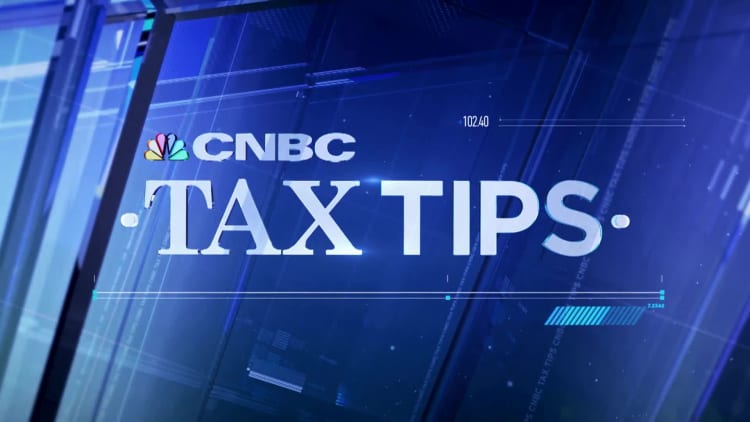[ad_1]
Peopleimages | Istock | Getty Images
As open enrollment season gets underway, you may find yourself having to decide whether a health savings account should be part of your 2023 medical coverage. These tax-advantaged accounts let users save for medical expenses.
Many companies will soon — or already have started to — hold their annual open enrollment period for workers to pick their health plan for next year, among other employer-sponsored benefits. Some of those firms will offer so-called high-deductible health plans, which are what HSAs are tied to, as an option for coverage.
“For the most part … an [HSA eligible] plan is the most cost-effective way to get health insurance,” said certified financial planner Carolyn McClanahan, founder of Life Planning Partners in Jacksonville, Florida.
More from Personal Finance:
4 key dates to know about student loan forgiveness
Here are ways to protect yourself from identity scams
NBA star James Harden backs ‘financial literacy tour’
Yet fewer companies have been offering them: In 2021, an estimated 17% of firms with health benefits offered high-deductible plans, down from 20% in 2020 and 26% in 2019, according to research from the Kaiser Family Foundation.
“There was a trend for employers to offer only high-deductible plans,” said Lisa Myers, director of client services and benefits accounts for consultant Willis Towers Watson. “But they’ve actually backed up a little … most employees do have a choice in what to enroll in.”
Higher deductibles mean lower premiums
An HSA eligible, high-deductible health plan for 2023 will come with an annual deductible — the amount you pay for covered medical costs before insurance kicks in — of at least $1,500 for an individual plan and $3,000 for families. However, these plans often have lower monthly premiums compared with coverage options that are not high deductible.
HSAs, meanwhile, are known for their triple tax advantage: Contributions are made pretax, growth is tax-free and withdrawals used for qualified health care expenses are also untaxed.
They are similar to flexible spending accounts, or FSAs, which also allow you to save pretax money to use on qualifying medical expenses regardless of your health coverage. But HSAs have key features that may make an HSA eligible high-deductible health plan a better option for some workers.
Workers with low health costs are good HSA candidates
Healthy workers who anticipate having low medical expenses during the year are good candidates for maximizing the benefits of HSAs, Myers said.
However, even if you spend what’s in your HSA on current health care expenses, you still benefit from the pretax contributions, which reduce your taxable income, Myers said.
For 2023, the annual cap on HSA contributions is $3,850 for self-only coverage and $7,750 for family coverage. Both amounts are higher than the FSA contribution limit, which is $2,850 per employee for 2022. (FSA caps for 2023 have not been announced.)

One key benefit of an HSA is that unlike FSAs, the money you contribute is not “use it or lose it” — that is, you can leave the money there from year to year and, if it’s invested, let it grow over time.
“If you can afford to let your HSA grow, that’s the better choice because the money can grow tax free forever and be used for medical expenses later,” McClanahan said. “You can always take that money out in future years for past health care expenses.”
In other words, if you pay your current health care costs out of pocket instead of withdrawing from the HSA, you can reimburse yourself down the road — just hold on to your receipts.
Another benefit with HSAs is you can change your payroll withholding rate at any point during the year instead of determining that amount before the year starts, as is the case with FSAs.
Older workers — those at least age 55 — can put away an extra $1,000 in their HSA. Be aware, though, that if you are approaching the Medicare eligibility age of 65, you cannot contribute to your account once you enroll in Medicare, even if only Part A (hospital coverage).
However, when you hit age 65, you can use the HSA money for any expense, although the withdrawal would be subject to tax if not used for health care costs.
Some companies that offer both HSA eligible plans and FSAs provide online tools to help their employees determine which makes more sense, Myers said.
[ad_2]
Source link








